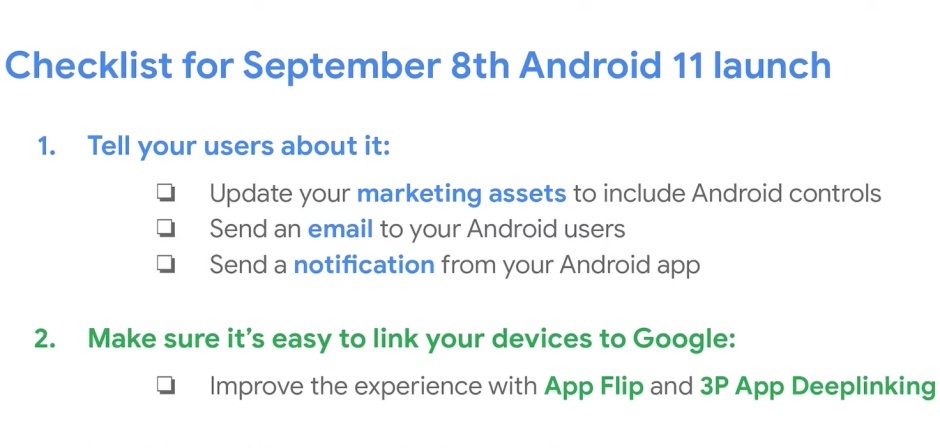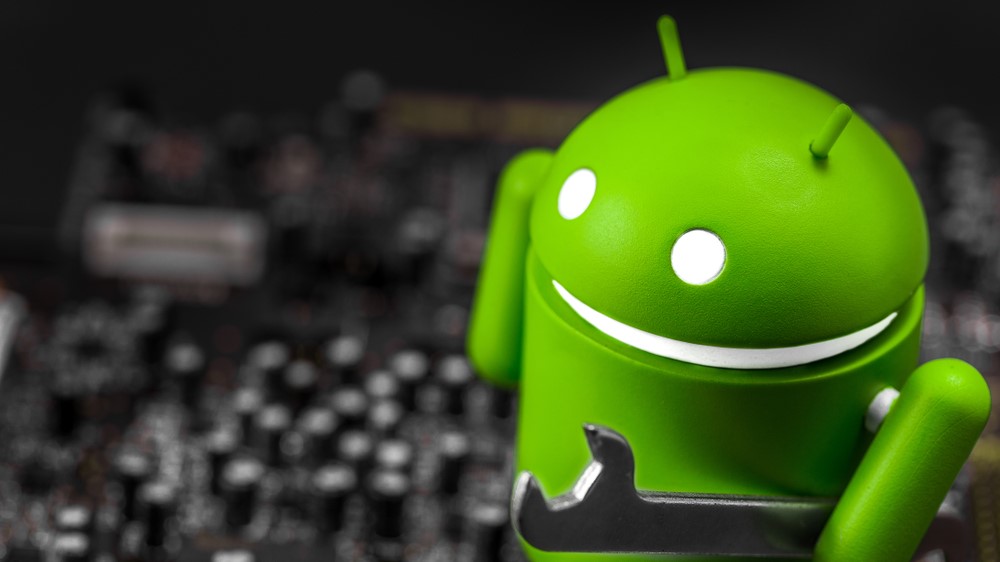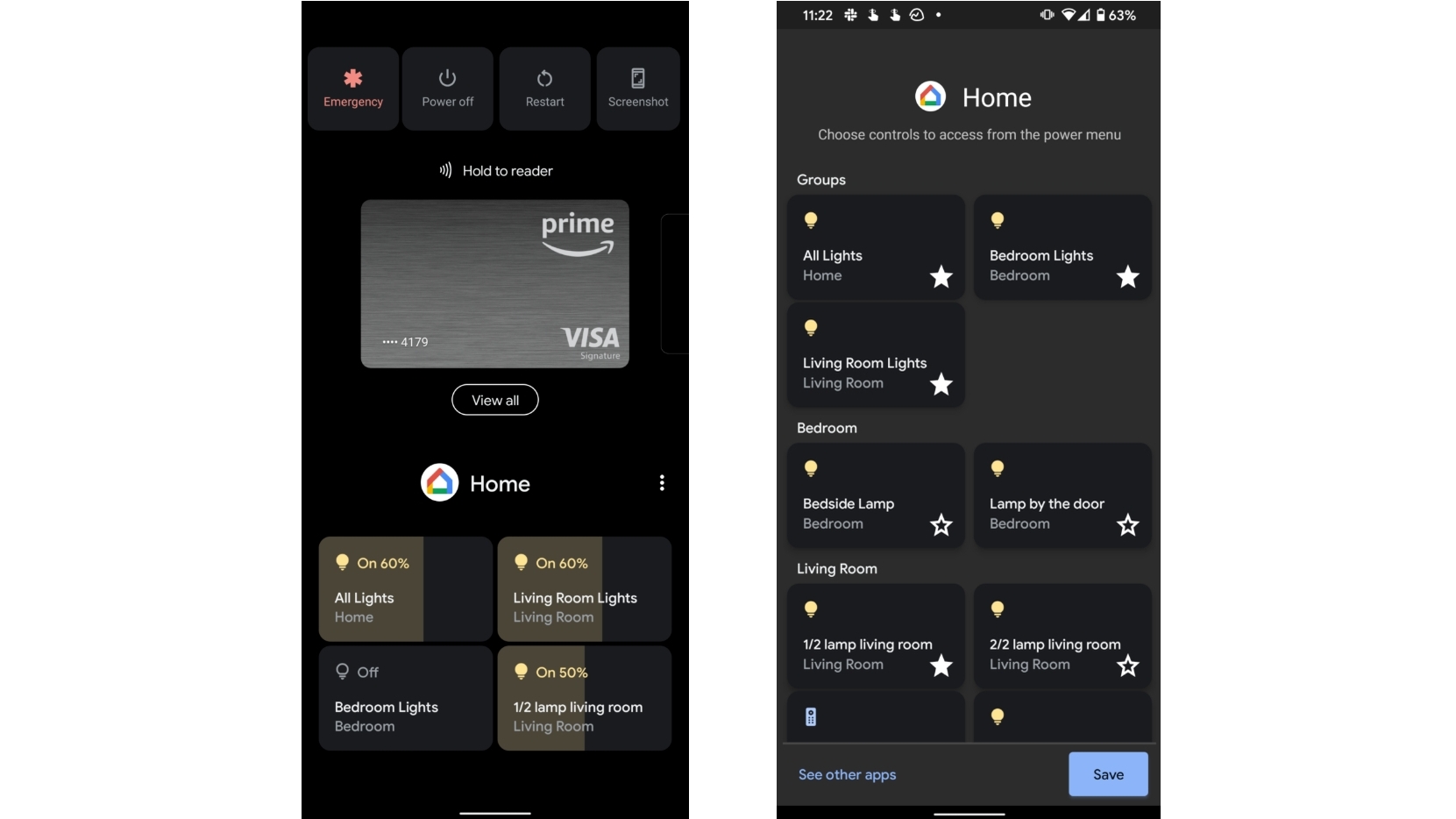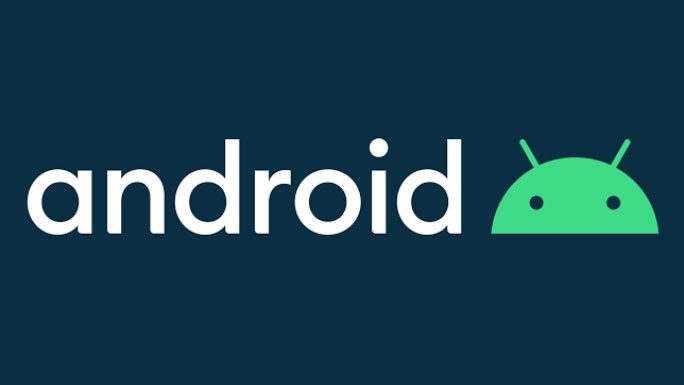Android 11 update release date, beta, features and everything we know so far
The Android 11 beta launched in June, and while a full public release isn't on the cards until the end of the year, many people can have an early look if they want. The beta is in in version 1.5, which fixes Google Pay issues the first version had.
While developer previews have given app devs early access to Android 11 since February, anyone with a Pixel 2 or newer phone in Google's Pixel family can download the beta and see for themselves what new features are coming.
The official reveal of Android 11 was going to happen on June 3, but that date was pushed back. Typically it would have landed at Google IO 2020 in May, but that event got canceled. Then out of sensitivity for the global protests, Google simply decided to forgo an announcement event and just release the beta online with a blog post.
The 2020 Android update is set to be called Android 11 – that’s not speculation, but fact, since Google has confirmed the name itself. This follows, because with Android 10 Google pledged to follow a numerical system of operating system organization.
That means while Android 9 was Android Pie, Android 10 wasn’t Android Quiche, and Android 11 won’t be Android Rhubarb and Custard (sadly) or Android Rocky Road - but it will be packed with updates and, likely, a few long-awaited features.
We've already started hearing rumors and news surrounding the upcoming Android operating system. Here we’ll collect everything we know about Android 11.
Update: September 8 could be the date that Android 11 launches in finished form, based on a leak from Google itself.
Cut to the chase
- What is it? The newest Android operating system
- When is it out? Likely September 2020, at least on Pixel phones
- How much will it cost? Android 11 will be available for free
Android 11 release date
Google tends to unveil some of the features of its newest operating system at Google IO in May, before releasing the OS for Pixel phones sometime in September – in 2019, for example, it debuted on the Pixel 4.
We know that Google IO 2020 isn't happening in 2020 thanks to coronavirus concerns. Having originally booked an replacement online event for June 3, Google has now decided that isn't happening either. In the end, the Android team simply decided to release the beta on June 10 via a blog post and a series of developer-focused videos.
Subsequent betas will land in July and then August, followed by the finished release probably in September.
Exactly when in September is still uncertain, but one very likely date is September 8. This was spotted in a video shared by Google itself, which included a section called "checklist for September 8 Android 11 launch", as you can see in the image below.

Google has since pulled the video, but that could simply mean that it's not ready to announce the date yet - not that it's wrong.
In any case, after Android 11 launches, different smartphone brands will have their devices eligible for the finished Android 11 update slowly over time. The OnePlus 7T and 7T Pro were the first non-Google smartphones which came with Android 10 in the box, but it could be a different company for Android 11.
Not all smartphone manufacturers upgrade immediately, however, and it will likely be some time in 2021 before all smartphones that can upgrade, have had the upgrade made available.
Android 11 beta
The first public Android 11 beta has now landed, but it's only available for Google Pixel handsets, and for the first time the original Pixel models have been excluded, so you need a Google Pixel 2 or newer to get the beta.
It's not yet been confirmed whether that will be the case for the final release but we'd think it's likely. After all, the original Pixel launched way back in 2016.
If you have a compatible phone you can head here to download the beta - but note that being a beta it's obviously unfinished, and won't be as stable as the final Android 11 release.
Android 11 beta compatible phones
These are the phones that are currently eligible for the Android 11 beta:
- Google Pixel 2 / 2 XL
- Google Pixel 3 / 3 XL
- Google Pixel 3a / 3a XL
- Google Pixel 4 / 4 XL
- OnePlus 8 / 8 Pro
- Xiaomi Mi 10 / Mi 10 Pro
Some companies have confirmed their phones will receive an Android 11 beta soon including Xiaomi and Oppo, but right now only Google and newer OnePlus phones will actually let you use the beta.
Android 11 features

While we've finally gotten our official look at the Android 11 public beta, that version typically doesn't have all the features introduced in previous developer betas. Ergo, we're still examining what's come out of the various Android 11 Developer Previews, the first of which was unveiled to software developers in mid-February 2020.
The latest of these previews has highlighted smart home controls, with Android 11 bringing up toggles for all your supported smart home devices with a long press of the power button. You can see how this would look below.

This is called a Device Control hub, and you'll now be able to try it for yourself in the Android 11 public beta (if you have a compatible phone).
The public beta has also brought improved media controls, designed to make it quick and easy to switch the output device for audio or video content, for example switching to headphones, speakers or a TV.
We've also spotted signs of a recycle bin in the Android 11 file system, which means you'll be able to get back anything you accidentally delete. It's hidden for now though, and it remains to be seen how different apps will implement the feature.
Beyond that, an important Android 11 feature seems to be how apps can now find out if you're on 5G, continuing a feature which lets apps distinguish whether you're on 4G or Wi-Fi connection. This would optimize content and performance for however you're connected, likely stopping you draining loads of data unnecessarily.
Additionally, it seems that the notification bar in Android 11 will have its own conversations section, so notifications from ongoing conversations, or from other apps, will be divided to let you ignore some if you want, as the image below shows.
From this conversations section you'll be able to access shortcuts to set reminders, as well as opening a chat in a pop-out 'Bubble'.

Some smartphones let you schedule a night shield, so that past a certain time blue light from the screen is reduced. Well, it seems Android 11 will have a similar function but with dark mode, so you can schedule when dark mode is enabled. Hopefully that also means dark mode will be rolled out to far more
An Android 11 feature that will please the security-minded is changed app permissions. Typically, for an app to use your camera, access your contacts, or anything else like that, you need to grant it permission. It seems in Android 11 you can choose to give permission 'Just this once', so you know exactly when the app is accessing other parts of your phone.
By default, permissions will also now be reset if you haven't used an app in a while - so you'll occasionally be prompted to confirm that you still want to grant an app the permissions it's asking for.

As an extension of this, it seems that the option to give an app location settings access will only be available 'just this once', so you won't be able to give an app carte blanche to check where you are all the time. This will stop apps like Facebook checking where you are all the time.
The Android 11 public beta introduced other privacy improvements – like if you haven't opened an app in awhile, its permissions will reset, and users will be prompted to select them again.
The public beta also improved keyboard suggestions when it comes to apps that use Autofill and Input Method Editors, while voice control accessibility has also improved, as it can now generate labels and access points that are relevant to what’s happening on the screen
If you often have trouble lining up your smartphone on its wireless charging pad, it seems Android 11 might come with a fix for that. It'll show you an error message when your phone is poorly aligned, so you know you need to shift the device to get the full charge.
Another feature that some people might love? Now, when you're connected to Bluetooth headphones and you turn on Airplane mode, the Bluetooth won't disconnect from everything. This'll save some people a lot of annoying hassle.
Before the developer preview, Google also confirmed an Android 11 feature called ‘Scoped Storage’, which was initially meant to be available in Android 10, but Google pushed it back due to complaints from Android developers.
Scoped Storage is a new way of organizing what information and files your apps can read – in short, it makes memory read speeds much quicker, improves your security, and stops you needing to give every new app permissions.

The third Android 11 developer preview also showed us some more features that might be coming in the future smartphone update.
The most important new change is that you can now dismiss all notifications, including those you previously couldn't like Bluetooth alerts, charging reminders and more. This is sure to clean up lots of clutter for some people.
The Recents menu is seeing some changes too including an undo button for if you accidentally close an app you didn't mean to, a screenshot button so you can capture a screenshot without actually opening the app, and more.
Some buttons are having their sizes tweaked, so you don't accidentally miss them, and the 'Volume' menu is getting changed to 'Sound' for some reason.
Also there's an option to hotspot your phone via ethernet cable, not Wi-Fi or Bluetooth, for if you have the right cable to do so.
That's just about everything, but for a more visual deep dive into the Android 11 public beta, Google has released a series of introductory videos.
- These are the world's very best Android phones
What we want to see in Android 11

These are the improvements we'd like to see in Android 11, that we still don't have in the latest build of Google's operating system.
1. A new NFC file-sharing alternative
With Android 10 came the removal of Android Beam, which let phones share files over NFC. All you had to do was tap phones together to share files, but it's gone now.
It'd be useful to have some easy-to-use alternative that lets you share photos, videos, music, or other files just by pressing the phones against each other – at the moment it can be quite a hassle to use a specific app to do so, and Apple's Airdrop is a useful feature that has no equivalent in Android.
2. Improved dark mode

Dark mode isn't for everyone, but those who use it love it – or they want to, at least, but in Android 10 it has a lot of problems.
Firstly, not that many apps have their own dark modes, not even all Google apps, so using your smartphone with dark mode on can often see you jumping straight from dark apps to light ones, and back again.
Secondly, on apps that do have dark mode some text isn't color-swapped, and can remain invisible – this actually happens on Google search, so you can't see suggested results.
For dark mode to be useful on Android smartphones, it needs to actually be usable for most apps, instead of just an optional toggle here and there.
3. Extended chat 'bubbles'
One of the new features of Android 10 was the introduction of chat 'bubbles', similar to Facebook Messenger, laid over the top of other apps, that let you see all your conversations over several apps all in one easy-to-access format.
Not all apps are compatible though, and while some of those that you use to message people, there are many that aren't, with only the main text app Messages, and Google Hangouts, compatible. That means if you want to have conversations over various apps, for the most part you're still going to be using those apps.
It'd be really useful if more apps became compatible – WhatsApp, Facebook Messenger, Instagram, Twitter, and perhaps even dating apps! Then, it'd be incredibly easy to keep on top of your various conversations across all the different apps that fill up your phone.
- How to download Android 10 to your phone
- Stay safer online with an Android VPN
from TechRadar - All the latest technology news https://ift.tt/3gHBVtz
Comments
Post a Comment